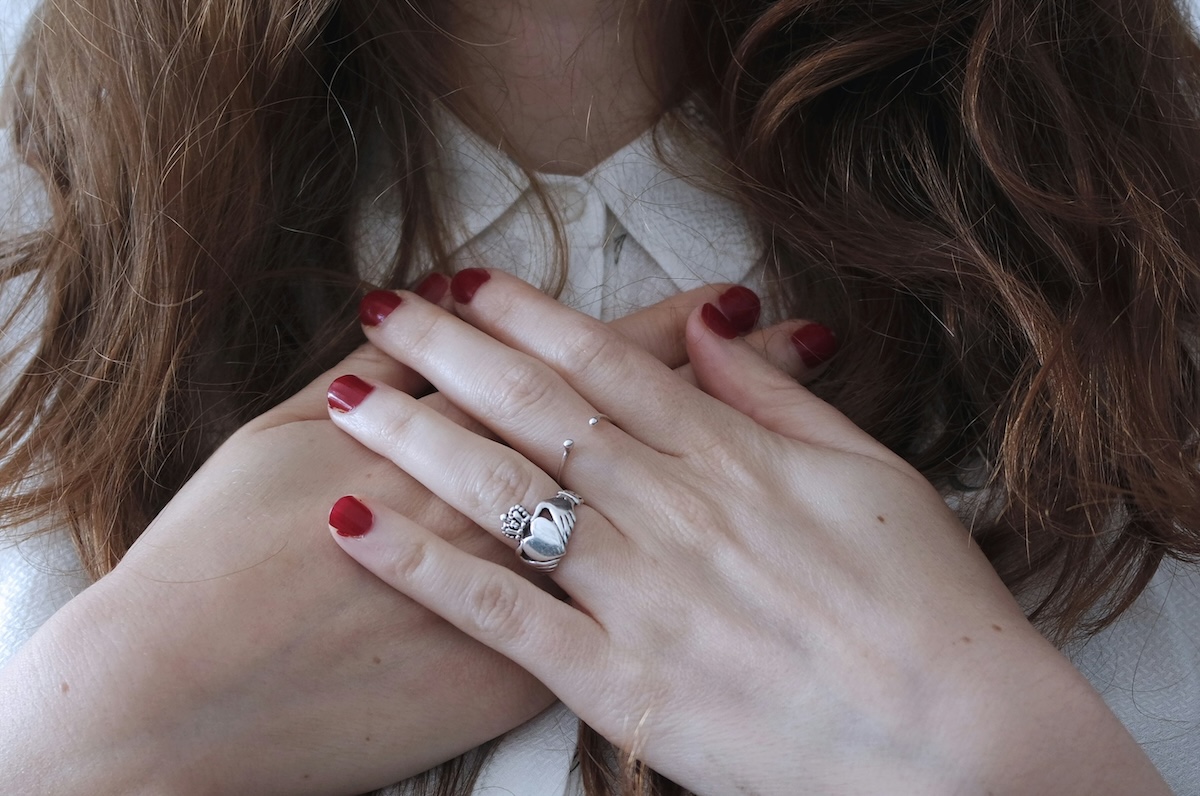I am 47 and have started experiencing hot flashes. They aren’t terrible, but I am concerned, since I read that hot flashes are correlated with heart disease and Alzheimer’s (I have a family history of both). Is it something about the hot flashes themselves that increases the risk of these diseases? Or is something else about being a woman who experiences hot flashes that increases the risk? And would taking a medication like Veozah help reduce that risk? I know estrogen can, but my sister had breast cancer and I have been told it may not be a good idea.
—Katherine
There are studies that have found a correlation between hot flushes and heart disease, and hot flushes and markers for dementia. However, there are also studies that have not found a correlation between hot flushes and heart disease or dementia. So right off the bat, these associations may or may not be true. Because heart disease, and especially dementia, are rare among women during the menopausal years, researchers often use surrogate markers for disease — substances in the blood that are associated with risk for heart disease or dementia. This may be why there is variability in study outcomes.
Furthermore, these associations in the data are correlations. There is no evidence that hot flushes cause an increased risk for heart disease or dementia. There is also no proposed mechanism by which hot flushes would cause heart disease or dementia.

More likely, the explanation for the correlation — if there is one — is that there is some common factor that makes women more predisposed to both hot flushes and heart disease and dementia. It may be as simple as the idea that all of these things are common. Upward of 80% of women experience hot flushes in perimenopause. Nearly 45% of women have heart disease, and 30% of people over age 90 have dementia.
We do know that estrogen plays a role in preventing the development of plaque in the arteries of younger women, and we have long thought that dropping estrogen levels may play a role in the development of both heart disease and dementia. Dropping estrogen is known to cause hot flushes. So estrogen may be the connection among them.
We have some evidence that giving estrogen in the perimenopausal years may reduce the risk of dementia and heart disease later in life, but the quality of that evidence is not what we would like it to be. Estrogen is very effective at treating hot flushes.
It does not follow, though, that treating hot flushes with non-hormonal options like Veozah will result in decreased risk for heart disease and dementia. Veozah acts like estrogen only at a single receptor in the temperature centers in the brain, thus treating hot flushes but not conferring the other benefits — and potential risks — of estrogen. Because we don’t think hot flushes are responsible for any increased risk of heart disease or dementia, just treating hot flushes with Veozah will not reduce the risk of those diseases.
All that said, if you are having hot flushes and you need to avoid estrogen for some reason, such as a history of breast cancer, Veozah is a great option to manage your symptoms.
The takeaway: There may be a correlation between hot flushes and heart disease and dementia, but there is no evidence that these relationships are causal. As a result, treating hot flushes with non-hormonal treatments like Veozah is not likely to reduce the risk of heart disease and dementia. Veozah is the most effective non-hormonal option for getting rid of the hot flushes, though.
Community Guidelines




















Log in